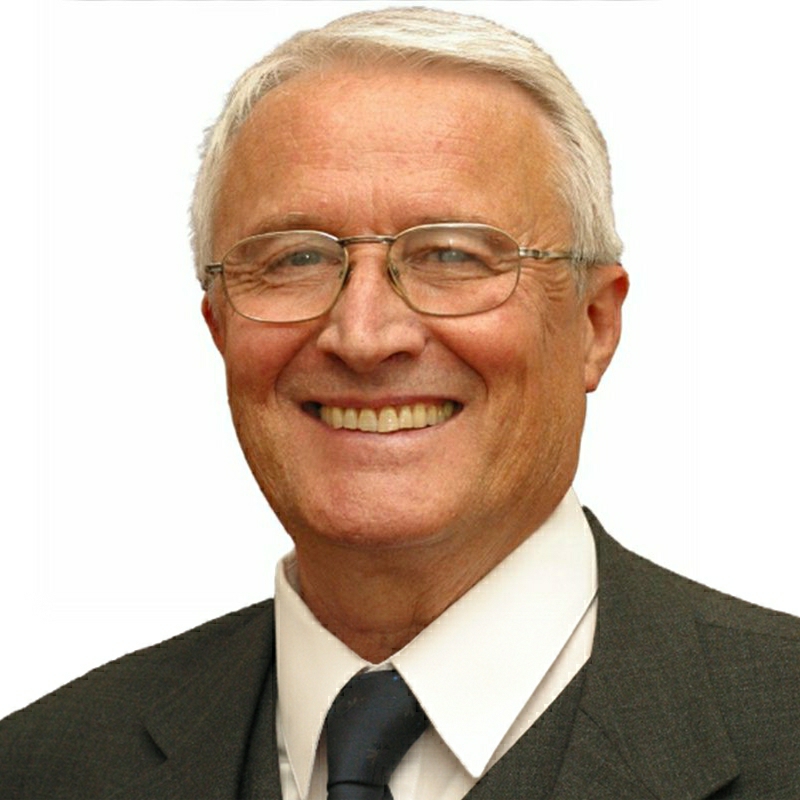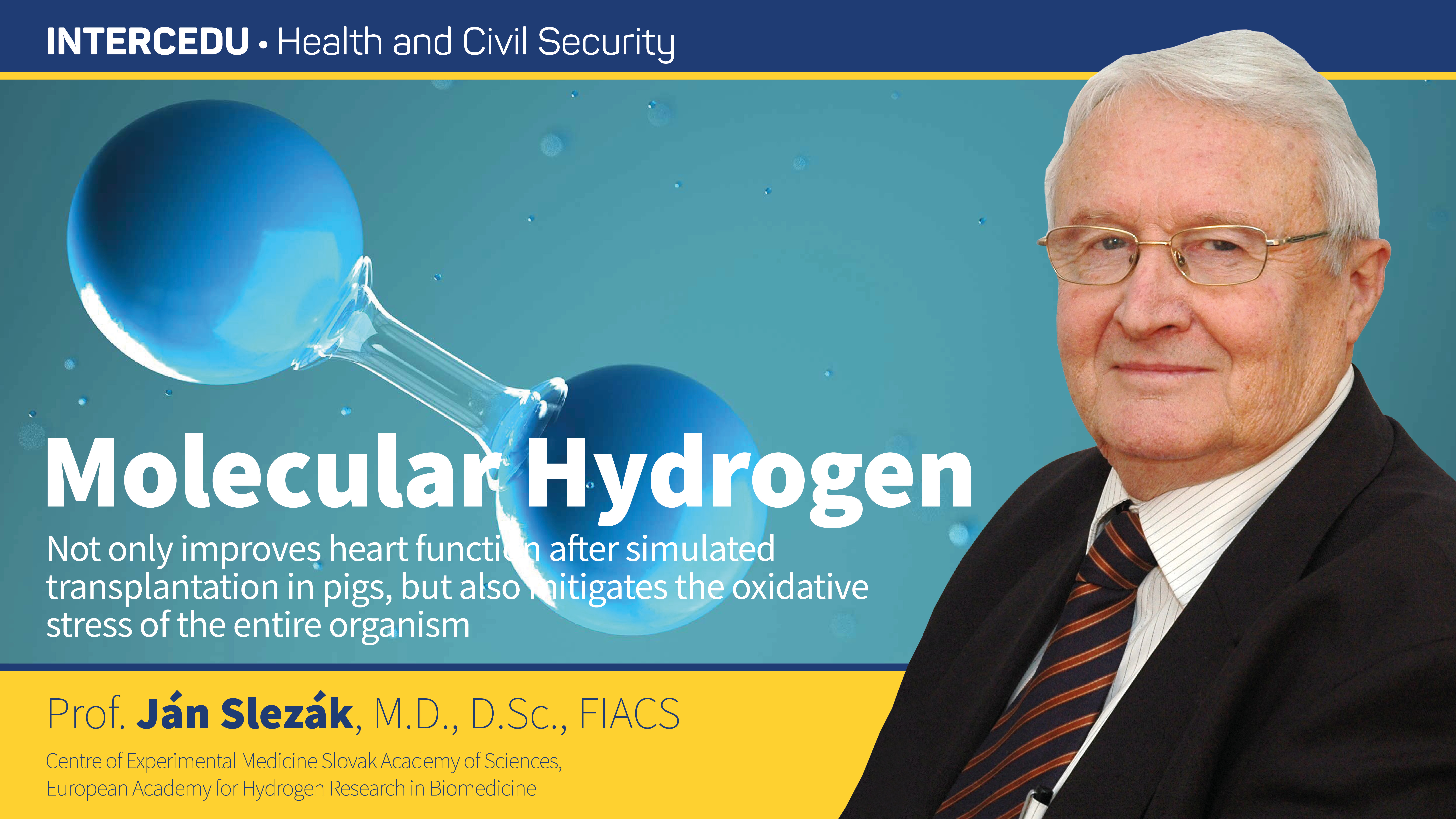Jan Slezak: Molecular hydrogen improves heart function after simulated transplantation in pigs

Short description
Molecular Hydrogen Not only improves heart function after simulated transplantation in pigs, but also mitigates the oxidative stress of the entire organism.
Have you ever heard of the remarkable effect of molecular hydrogen? Professor J. Slezak, MD, DSc ., FIACS talks about its positive influence in difficult surgical procedures.
For the past 16 years, since the publication of the groundbreaking findings of Prof. Ohta (Japan) and his colleagues in Nature Medicine in 2007, molecular hydrogen (H2) for its selectively antioxidative and antiinflamatory effect has been the center of attention worldwide.
It is a general scientific consensus that oxidative stress and free oxygen radicals are the common denominator of almost all civilizational diseases and their comorbidities. Presentation by Prof. MUDr. Jan Slezak, DrSc, FIACS, president of the European Academy for Molecular Hydrogen Research in Biomedicine n.o. and the leading scientist of the Institute for Heart Research of the Center for Experimental Medicine SAV, will show you in an experiment, the admirably positive properties of H2 in simulated heart transplantation and other difficult surgical interventions.
Course video content
-
00:19:24 Slezak Jan: Molecular hydrogen improves heart function after simulated transpantation in pigs
Author

Dr.h.c. MUDr. prof. Ján Slezák, FIACS, DrSc.
Centrum experimentálnej medicíny SAV, Ústav pre výskum srdca, Vedúci vedecký pracovník, vedúci oddelenia






